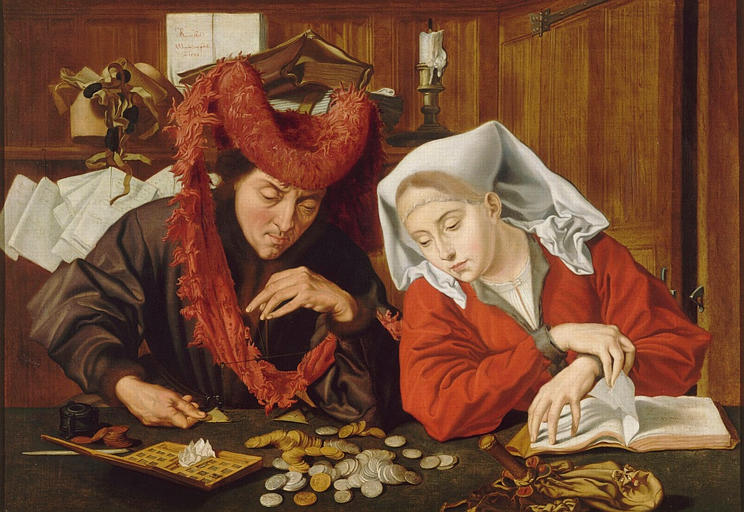Le intermittenze del lavoro: resistenza e rassegnazione in Francesco Targhetta e Danilo Masotti
DOI:
https://doi.org/10.13133/2239-1983/15683Abstract
In a recent paper, Romano Luperini claimed that contemporary Italy is currently undergoing a transition from a literature about the crisis (the literature of the first postmodernist generation of Eco and Tabucchi) to a crisis of literature. According to the critic, the causes of this phenomenon reside in several factors: globalisation, the contamination of Italian literature with other types of media (cinema, television, journalism and advertising), the weakening of literature’s own identity, the lack of a true political and social engagement and the disappearing of a “literary civilization based on the value and the sacrality of literature” (Luperini 2015). If this is true, how should we interpret the rise of a new Italian literary production that aims at recounting the economic crisis from the 2000s onwards? From Michela Murgia to Aldo Nove, from Giuseppe Falco to Mario Desiati, in the last twenty years Italian fiction has tried to retell the nation’s economic crisis, the precariousness of labour and the new forms of alienation in the workplace. Contrary to what one would expect, these literary works did not always succeed in giving a convincing representation of the historical time they wanted to describe. In this paper, through the analysis of two works belonging to this literary corpus – "Perciò veniamo bene nelle fotografie" by Francesco Targhetta and "Ci meritiamo tutto" by Danilo Masotti – I will retrace what is achieved and what is not in these two novels, which though different in style, share the same aim: to describe a betrayed generation that has been caught by surprise by an intermittent or alienating world of work, and appears always suspended between an attempt to resist and a temptation to surrender.
##submission.downloads##
Pubblicato
Come citare
Fascicolo
Sezione
Licenza
Gli autori che pubblicano su questa rivista accettano le seguenti condizioni:- Gli autori mantengono i diritti sulla loro opera e cedono alla rivista il diritto di prima pubblicazione dell'opera, contemporaneamente licenziata sotto una Licenza Creative Commons - Attribuzione che permette ad altri di condividere l'opera indicando la paternità intellettuale e la prima pubblicazione su questa rivista.
- Gli autori possono aderire ad altri accordi di licenza non esclusiva per la distribuzione della versione dell'opera pubblicata (es. depositarla in un archivio istituzionale o pubblicarla in una monografia), a patto di indicare che la prima pubblicazione è avvenuta su questa rivista.
- Gli autori possono diffondere la loro opera online (es. in repository istituzionali o nel loro sito web) prima e durante il processo di submission, poiché può portare a scambi produttivi e aumentare le citazioni dell'opera pubblicata (Vedi The Effect of Open Access).


